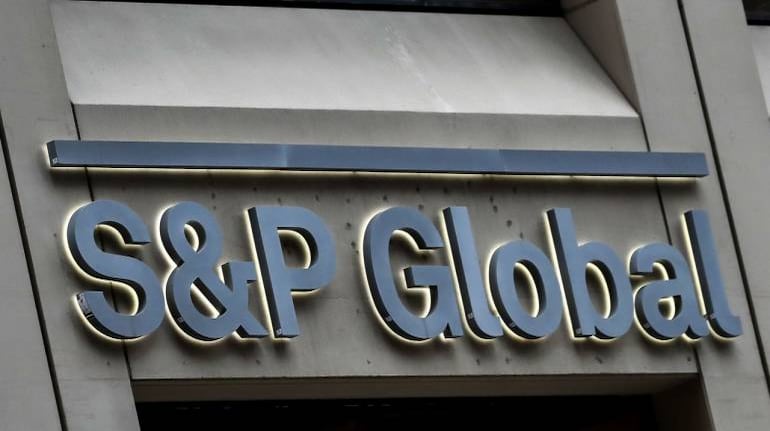



The risk of a second successive sovereign rating downgrade in a week has gone away for the moment. At least that’s the sense one gets with global rating agency Standard and Poor’s Global Ratings on Wednesday affirming India’s 'BBB-' long-term and 'A-3' short-term unsolicited foreign and local currency sovereign credit ratings. The agency said the outlook on the long-term rating is stable. The ratings, S&P said, reflects India’s above-average real GDP growth, sound external profile, and evolving monetary settings. But this gives only a temporary relief for Indian policymakers for obvious reasons. Nevertheless, this is a relief.
Why is this important to India?
Just around a week ago, another global rating agency, Moody’s, had announced a downgrade to India’s sovereign ratings to ‘Baa3’ from ‘Baa2’ citing a range of risks to the Indian economy. The risks highlighted include slow policy implementation, probability of a prolonged slowdown, significant deterioration in government’s fiscal position, and more worryingly, the high risk of bad loans in the financial sector on account of a fast-slowing economy. Although Moody’s was merely aligning the rating view to that of other agencies, there were speculations that a rating downgrade could follow from other rating agencies. This fear has disappeared for now since S&P has decided to stick to the BBB- rating.
A second successive downgrade in a week could have had catastrophic effect on the already down investor sentiments, would have weighed on stock markets eroding massive investor wealth and would have certainly added pressure on the policymakers who are desperately trying to address the chaotic economic conditions severely impacted by the onslaught of COVID-19 and its continuing ripple effects across all segments of the economy. The government, walking a thin line on fiscal management, has been unsuccessful so far to give confidence to the stakeholders offering a fitting fiscal stimulus. It has so far managed to ask banks to launch various loan schemes while the direct spending to boost demand has been a disappointing minuscule one percent of the GDP.
As mentioned above, Moody’s downgrade wasn’t a big negative for the markets and the financial sector since this was only a reversal of its earlier rate action. In 2017, the agency had upgraded India’s rating in 2017 approving this government’s reform policies. Hence, by downgrading now, the agency was only reversing this rating action after its assessment probably went wrong on reforms. The reform juggernaut has slowed in Asia’s third-largest economy since then except for a corporate tax cut. Investors didn’t overreact with Moody’s rating action since this was essentially going back to the stance of other raters.
Even though S&P has left the sovereign rating untouched, it has raised important warning signals to Indian policymakers. What are those?
Firstly, "the stable outlook reflects our expectation that India's economy will recover following the containment of COVID-19 pandemic and the country will maintain its sound net external position," S&P said while affirming India's rating at 'BBB-' and maintaining a stable outlook. Secondly, the agency’s stable outlook of India also assumes that the government's fiscal deficit will recede markedly following a multi-year high in fiscal year 2021, it added.
In other words, the Indian economy is not yet out of the danger zone of a sovereign rating downgrade if the government fails to act in getting the economy back to the growth orbit at the earliest and rein in the fiscal deficit. S&P rating call is a major wake-up call.
Discover the latest Business News, Sensex, and Nifty updates. Obtain Personal Finance insights, tax queries, and expert opinions on Moneycontrol or download the Moneycontrol App to stay updated!
Find the best of Al News in one place, specially curated for you every weekend.
Stay on top of the latest tech trends and biggest startup news.